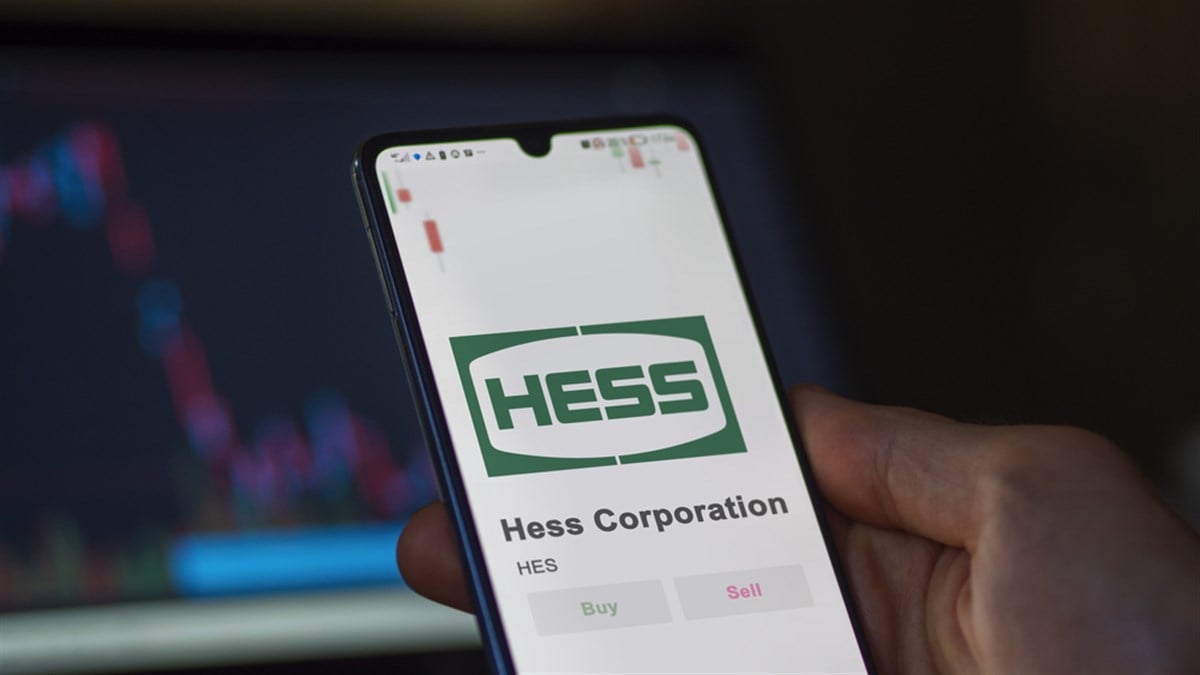
The iconic Hess Corporation (NYSE:HES) toy truck isn’t the only thing on sale this holiday shopping season.
Shares of the U.S. oil and gas producer fell nearly 5% to $134.50 last week even as the S&P 500 rose for the sixth straight week. The downturn is significant because it puts Hess more than 20% below Chevron’s initial acquisition price of $171.00.
On October 23rd, the country’s second largest oil company offered to buy Hess in an all-stock transaction worth $53 billion — at the time. The deal terms stipulate that Hess shareholders will get 1.025 Chevron shares for every HES share owned. It will require Chevron to issue over 300 million new shares.
So, the dilution must be bad news for Chevron shareholders but the 10% premium good news for Hess shareholders, right?
Not so fast.
A few days after the buyout offer, Chevron reported third quarter adjusted earnings that missed Wall Street expectations by a country mile. With the Street anticipating earnings per share (EPS) of $3.70, the company posted EPS of $3.05 — 45% below the prior year quarter. Ouch!
While the magnitude of the miss was unusual, the reasons behind it weren’t uncommon in the industry. Oil and gas producers have faced disappointing realized selling prices for crude, natural gas and natural gas liquids of late. Refined product margins are also down. In the case of Chevron and others, Q3 production increases were easily offset by weak pricing.
It's no coincidence that both Hess stock and WTI crude futures were down 5% last week. The correlation between oil and its producers’ stock prices is among the strongest in the capital markets. Signs of increasing global supplies and decreasing global demand have crushed oil from roughly $91 in late September to $71 currently.
Was it a good idea for Chevron to press the M&A button in a falling oil environment? Only time will tell.
Why is Chevron buying Hess?
Chevron is looking to purchase Hess to strengthen its competitive position. It looks up to only one company in Exxon Mobil but looks down at many others clamoring to get a piece of the high margin downstream oil market.
Hess would be a complementary fit for Chevron based on the types of assets it holds in the Gulf of Mexico, Bakken shale region and offshore Guyana. Hess also boasts an extensive infrastructure network through its midstream business.
Adding these assets would not only boost production but also lead to cost-saving synergies. Chevron expects the deal to be cash flow accretive (i.e., increase cash flow per share) by 2025. It also sees it leading to higher share buyback activity, something that could benefit CVX shareholders in a weak oil backdrop.
Chevron’s Hess offer comes just five months after it agreed to acquire low carbon producer PDC Energy in a $6.3 billion all-stock transaction. Including debt, that deal was completed for $7.6 billion in August 2023.
What is the potential upside to HES?
Chevron’s offer is 100% stock-based (1.025 shares per HES share) rather than based on a fixed price. This means it is essentially ‘fluid’ and subject to the movement of CVX from the time of the initial proposal to completion. HES shareholders probably liked the deal a lot more six weeks ago.
If the deal was consummated today, they would get around $148 per share — 1.025 times Chevron’s Friday close — instead of $171.
As it stands now, it’s a raw deal for HES shareholders but an opportunity for arbitrage traders. That’s because more than $14.00 separates the current HES share price from its implied value. Assuming all things are constant, this is a 10% gap that patient traders could benefit from if the stock gravitates toward its deal value.
In an even better scenario, Chevron honors its $171 implied value. This would mean 27% price upside from the current HES price.
The gravy on top — HES pays a $0.4375 per share quarterly dividend. With the next dividend scheduled to be paid December 29th, traders would get the added bonus of at least one cash dividend.
Of course, much could change in the coming months. Hess shareholders could reject the deal in light of Chevron's recent devaluation. They could demand that the pot be sweetened. Another would-be acquirer could throw its hat in the ring.
The Chevon-Hess merger has been approved by the board of directors at both companies. Hess shareholders, however, still need to ok the deal. Assuming they do and regulatory hurdles are cleared, the acquisition is expected to wrap up in the first half of next year.














